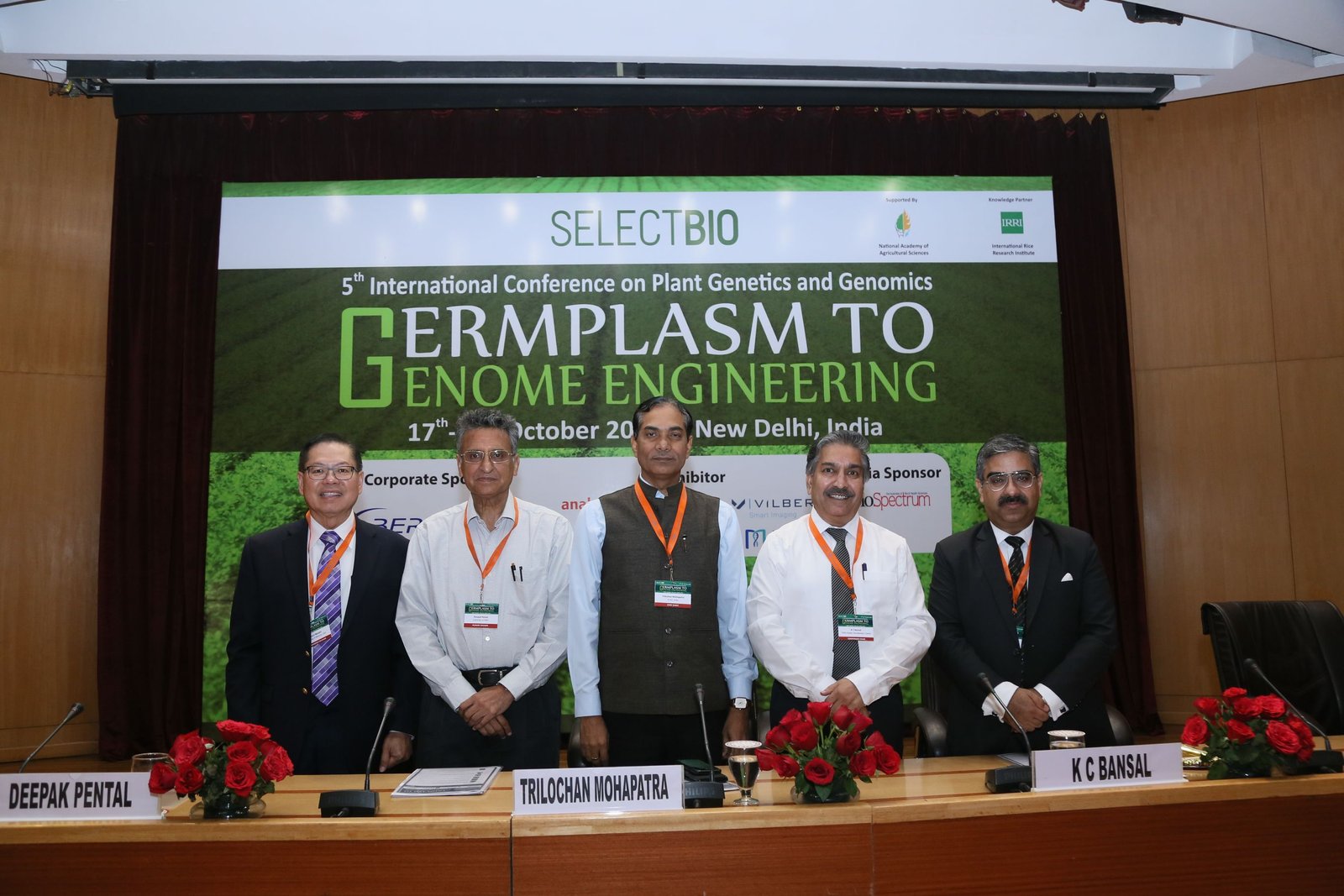Inside BENEO’s new pulse plant: pioneering sustainable protein from faba beans
The conference was inaugurated by Dr Trilochan Mohapatra, Secretary, DARE and Director General, Indian Council of Agricultural Research (ICAR)
With a view to provide a common platform to the scientists and scholars engaged in research on plant germplasm, plant breeding, plant biotechnology and genomics and genome editing for sustainable food production, the 5th edition of International conference by SELECTBIO was organised in the National Agricultural Science Complex (NASC Complex), Pusa, New Delhi on October 17-18, 2019.
It was supported by National Academy of Agricultural Sciences (NAAS) and International Rice Research Institute (IRRI) as knowledge partner.
Prof. K.C. Bansal from the TERI-Deakin Nano-Biotechnology Centre, The Energy Resource Institute (TERI), New Delhi, and Former Director, National Bureau of Plant Genetic Resources (ICAR), Pusa, New Delhi was the Conference Chair. Distinguished plant geneticist and biotechnologist Prof. Henry Nguyen, University of Missouri, USA acted as Co-chair of the conference.
The conference was inaugurated by the world-renowned plant molecular geneticist and genomics expert Dr Trilochan Mohapatra, Secretary, DARE and Director General, Indian Council of Agricultural Research (ICAR). The inaugural session was presided over by an internationally reputed Brassica geneticist and genomics expert Prof Deepak Pental, Distinguished CSIR Scientist and Former Vice-chancellor, Delhi University.
Leading experts from within and outside the country in the field of plant genetic resources, plant breeding, molecular breeding, plant genomics, genetic engineering and genome editing made key presentations and discussed the way forward. Special emphasis was given on Genome engineering for revolutionising agriculture, and the related regulatory issues were discussed in an expert panel discussion headed by Prof. Deepak Pental and Prof. KC Bansal.
The Conference highlighted that plant genetic resources for food and agriculture are fundamental to enhancing food production and nutritional security. The importance of plant genetic resources has increased significantly in the recent years in the wake of sustainability of agricultural production in a changing climate regime.
Globally, a total of about 7.4 million accessions are conserved in 1750 Genebanks. India is home to the 2nd largest genebank in the world and houses ~ 0.44 million accessions of different crop species. To meet the demand of the projected 10 billion people by 2050, it is of paramount importance to utilise the entire germplasm for developing improved crop cultivars using the tools of genomics and genome engineering.
Global experts mentioned that while conventional breeding methods guided and contributed to the crop yield improvements in the 20th century, food and nutritional security in the 21st century will increasingly rely on modern genomics, data science and genome editing tools. The remarkable progress in plant genomics and computational biology offers enough opportunities for mining entire germplasm collections via precision phenotyping, sequence-based genotyping, developing genotype-phenotype associations, elucidating gene functions, and identifying superior alleles and haplotypes for crop improvement.
Prof. Bansal said that currently genome editing via CRISPR-Cas system is leading the way for a new ‘Green Green Revolution’. However, he accentuated integration of germplasm use with conventional breeding, genetic engineering and CRISPR-Cas based genome editing on priority to develop high yielding, nutritionally rich, climate resilient crops in tune with Sustainable Development Goals (SDGs-2030).
The two-day event provided a unique opportunity to young professionals, scholars and the leading decision makers from academia and industry to discuss the scientific advances with a view to integrate crop germplasm with new breeding strategies including genome engineering for coalescing increased productivity with climate resilience and enhanced nutrition for feeding the world in the 21st century.

